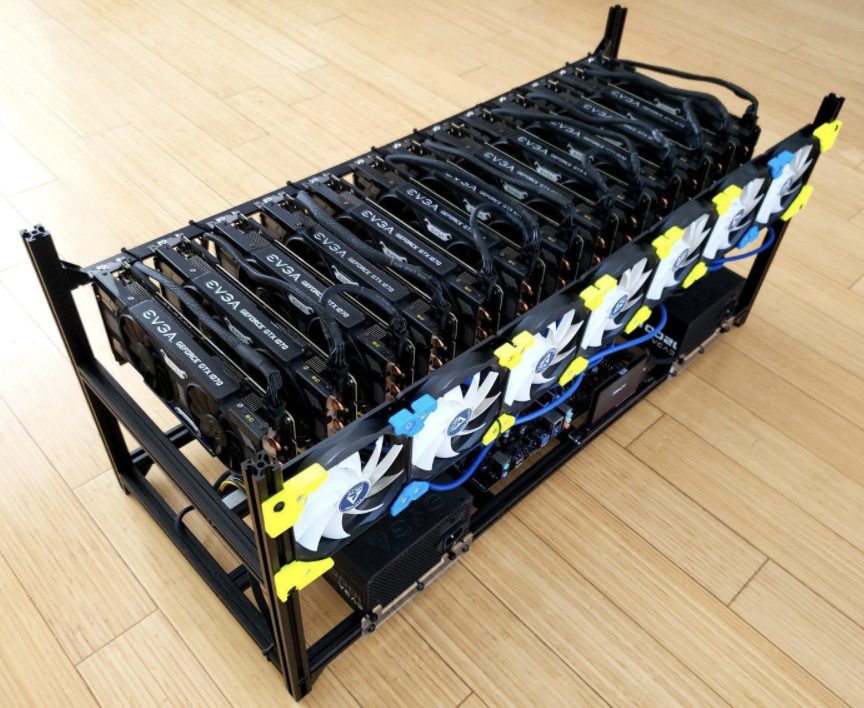With a global shortage of semiconductor chips, gamers are becoming frustrated at the continued scarcity of graphics cards. Crypto miners, especially those mining Ethereum, are becoming huge competition in the market.
Nvidia Corp is doing a roaring trade currently. It surpassed Intel Corp last year as the most valuable chip maker in the US, and its stock price hit a new all-time-high as it announced better than predicted results for this quarter.
According to a Bloomberg article released today, it has become extremely difficult for the average person to buy an Nvidia graphics card, and the article cites that the cost can be triple that of the listing price on Ebay. It also states that PC online merchant Newegg is holding lotteries just for the chance of buying cards at a 60% markup price.
Gamers traditionally form a large part of the pie for graphics card purchases, and this is always a steady form of income for graphics card manufacturers as gamers look for that edge in speed in order to compete in resource guzzling games.
However, these days, crypto miners are competing in earnest in order to bag those graphics cards and mine cryptocurrencies. With crypto prices rocketing over the last few months, crypto mining can be an extremely profitable pursuit.

This isn’t always the good news you would expect for graphics cards manufacturers, given that there is a lot of volatility in cryptocurrencies. The price of any particular crypto can drop quite suddenly, leading to buyers deserting the market. The resultant flood of used graphics cards onto the second hand market can then negatively affect new sales for manufacturers.
Nvidia is trying to appease its gaming customers by making graphics cards without display outputs. Those with the displays are specifically demanded by miners.
Nevertheless, miners are forward thinkers by the nature of what they do, and they know that things can change rapidly in the world of crypto. Therefore, buying cards that are also prized by gamers means that they can sell them on if times become hard.
Disclaimer: This article is provided for informational purposes only. It is not offered or intended to be used as legal, tax, investment, financial, or other advice.
Credit: Source link























